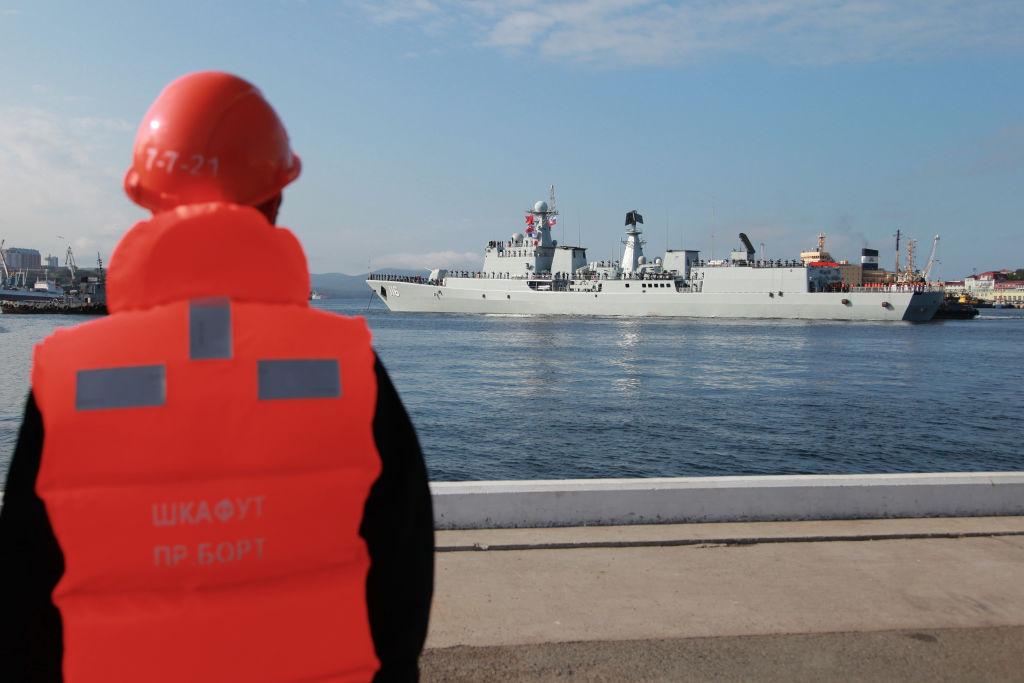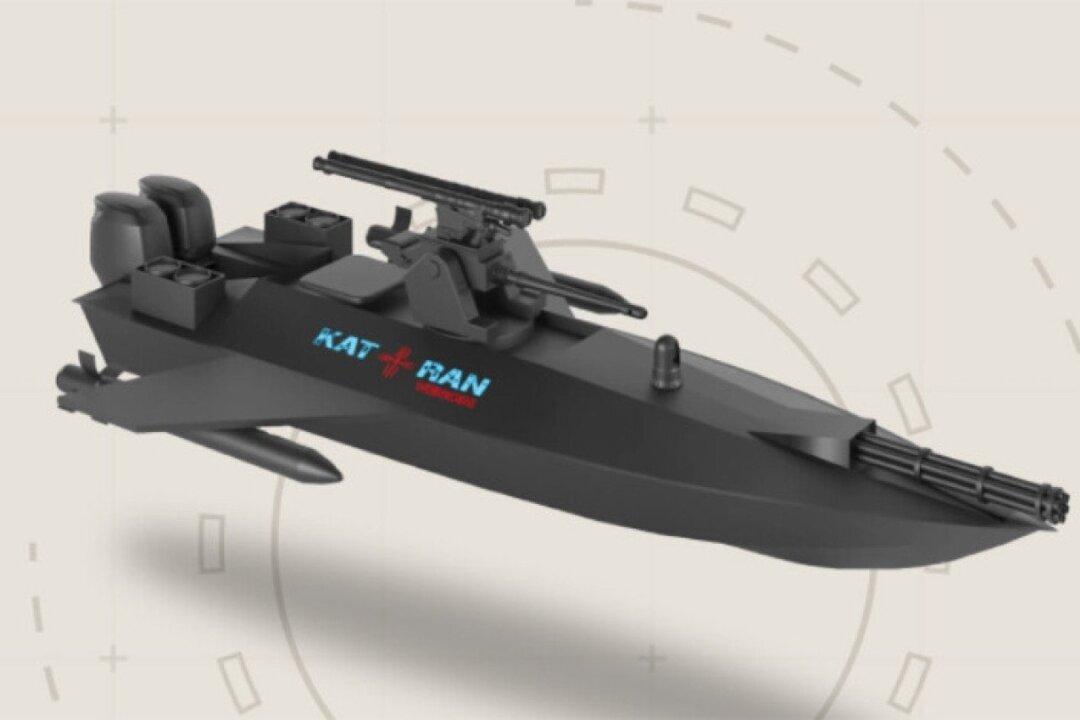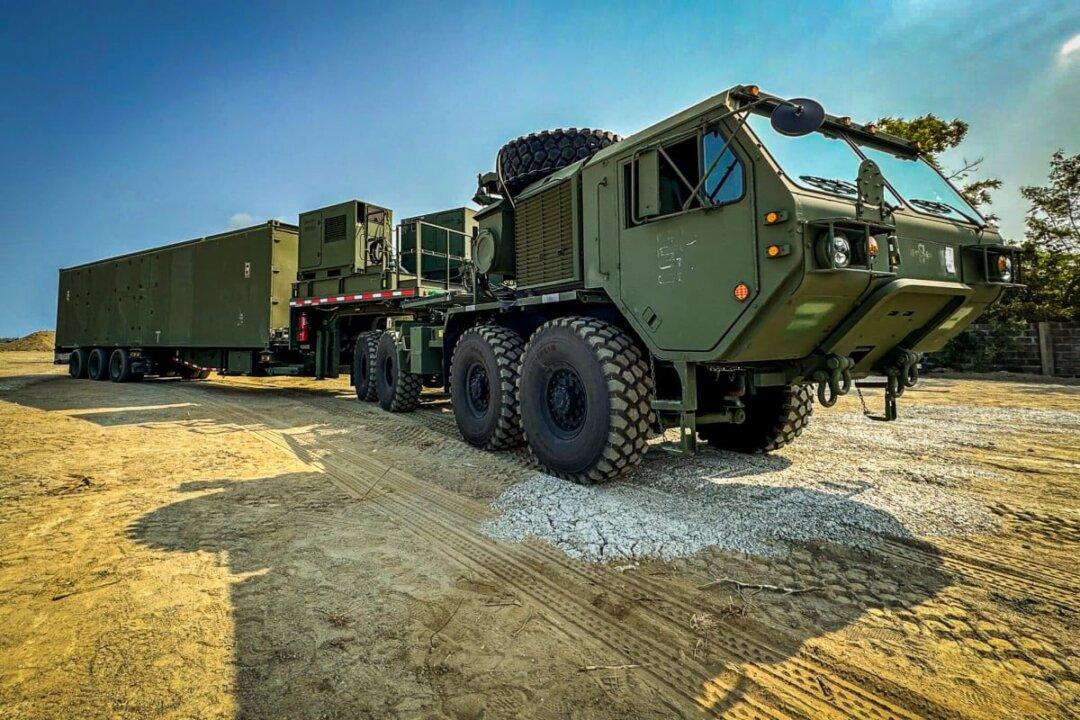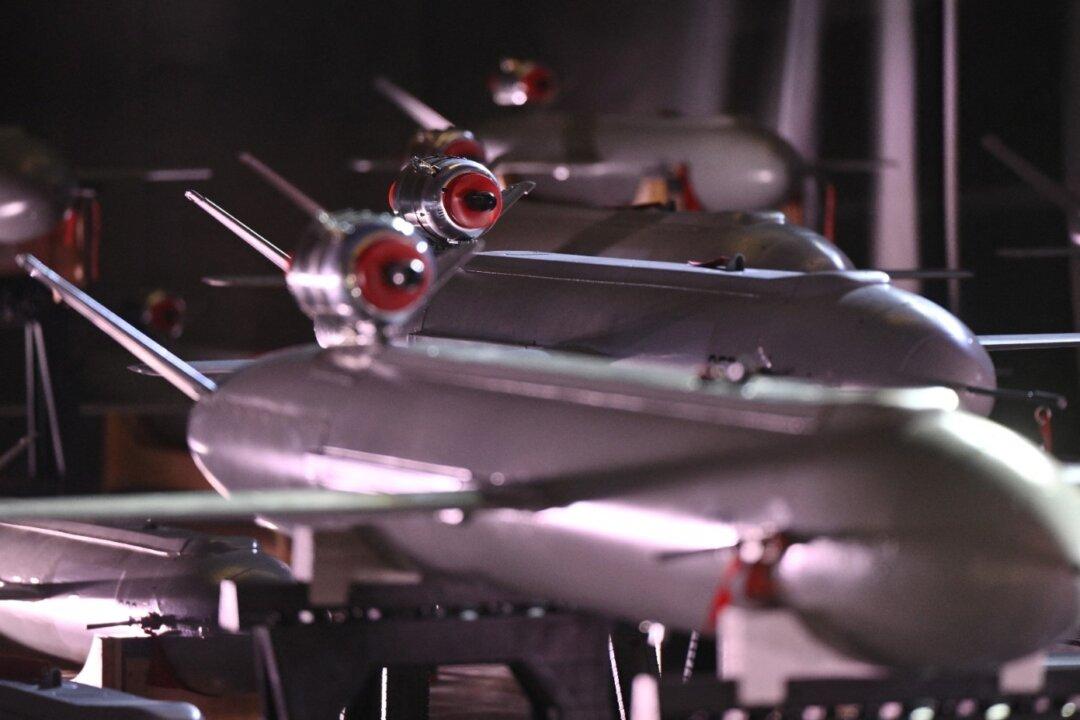Great Britain is expanding its global military presence and will be launching covert missions tackling the threat from Russia and the Chinese Communist Party (CCP), Royal Marines Brigadier Mark Totten revealed to The Times recently.
Totten said the Royal Marines will assume command of both the Special Air Service (SAS) and Special Boat Service (SBS). He will also form a new Ranger Regiment equipped with more ships, submarines, sailors, and future commandos capable of discreet rapid deployment within diverse high-risk environments, including the South China Sea. His current 4,000-member Future Commando Force will be trained in the use of artificial intelligence and the latest drone technology to successfully conduct their varied missions. Totten explained, “…this will allow [the special forces] to focus on more difficult, more complex, counter-Russia, counter-China [tasks]. It takes real specialist expertise, so we will allow them to have more time and people to address those and we can conduct some of the tasks.”





